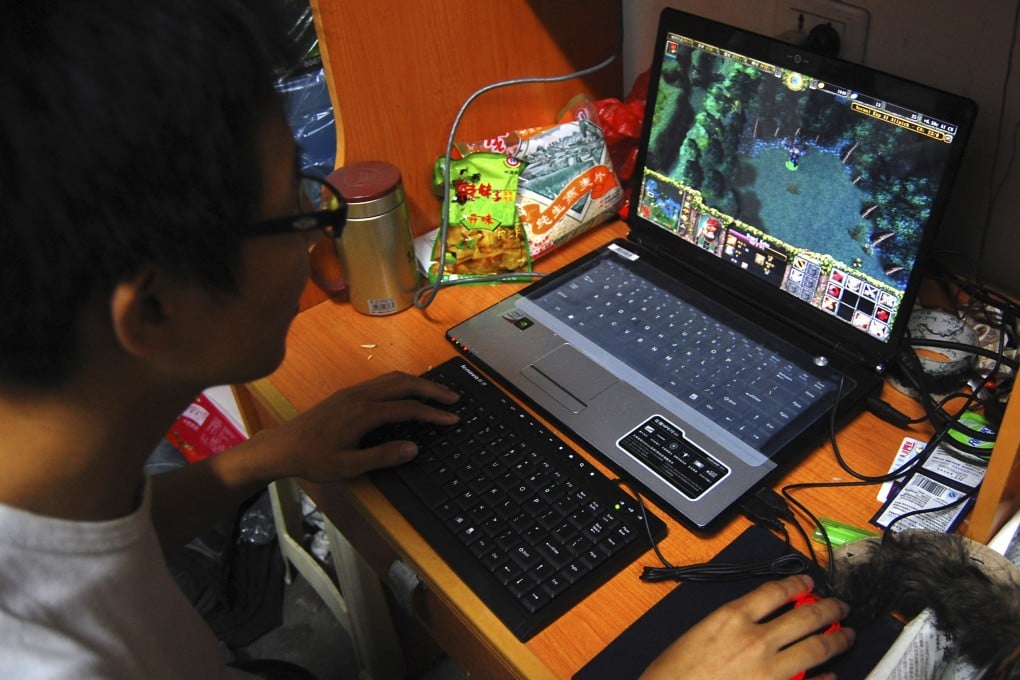Advertisement
NetEase and Blizzard said to reach new deal set to bring World of Warcraft back to China
- After the partnership fell apart in January, Blizzard sought to work with other Chinese companies before renewing with NetEase, Chinese media reported
- The agreement comes after Microsoft closed its deal for Activision Blizzard, and as Beijing seeks to reassure the video gaming market amid regulatory uncertainty
Reading Time:3 minutes
Why you can trust SCMP

Coco Fengin Beijing
Reports that US video gaming giant Blizzard Entertainment has struck a new deal with NetEase to bring its flagship title World of Warcraft back to China sparked online speculation that the two companies may have reached a detente after the American firm suspended services in the market in January.
Blizzard has sought to work with other Chinese publishers to bring its best-known game back to the country, but ultimately renewed its partnership with NetEase, Chinese technology media outlet 36Kr reported on Monday. Blizzard initially picked NetEase to run World of Warcraft in China in 2009 until the deal collapsed earlier this year.
Once the new deal is signed, it will take at least half a year for the game to return, as the companies must rebuild the operations team and test servers, according to the report.
Advertisement
Blizzard and NetEase did not immediately respond to requests for comment on Tuesday.
After the news broke late on Monday, #NetEaseBlizzardReunion became a top-trending topic on microblogging platform Weibo, and it remained among the top 10 topics through Tuesday morning.
Advertisement
World of Warcraft has huge appeal to gamers in the world’s largest video gaming market by revenue owing to the title’s long-term presence in China. Its popularity has been declining, however. It had 5 million active players in the country in 2009, but that had dropped to just 350,000 by January this year, when Blizzard suspended service, according to state media Xinhua News Agency and gaming information provider Wowdata.top.
Advertisement
Select Voice
Choose your listening speed
Get through articles 2x faster
1.25x
250 WPM
Slow
Average
Fast
1.25x